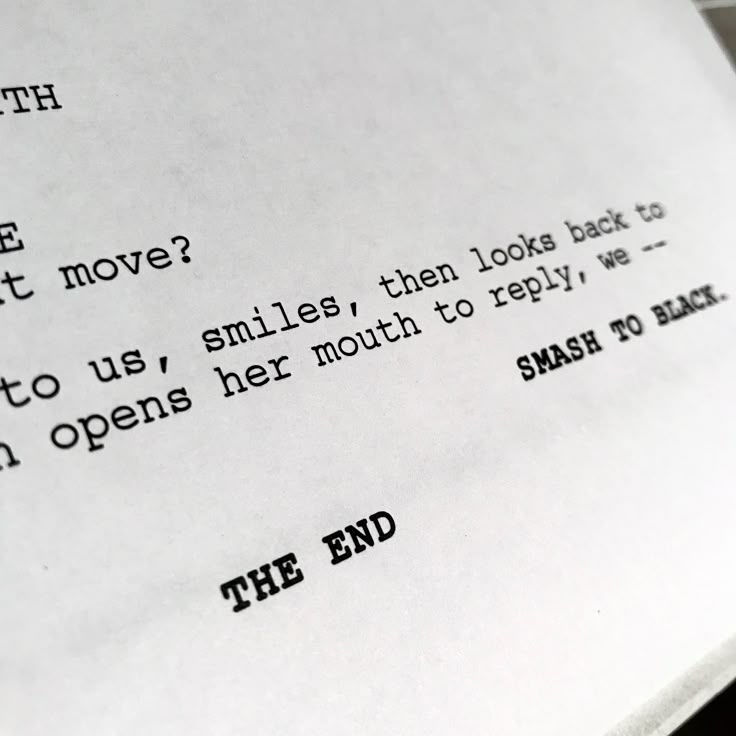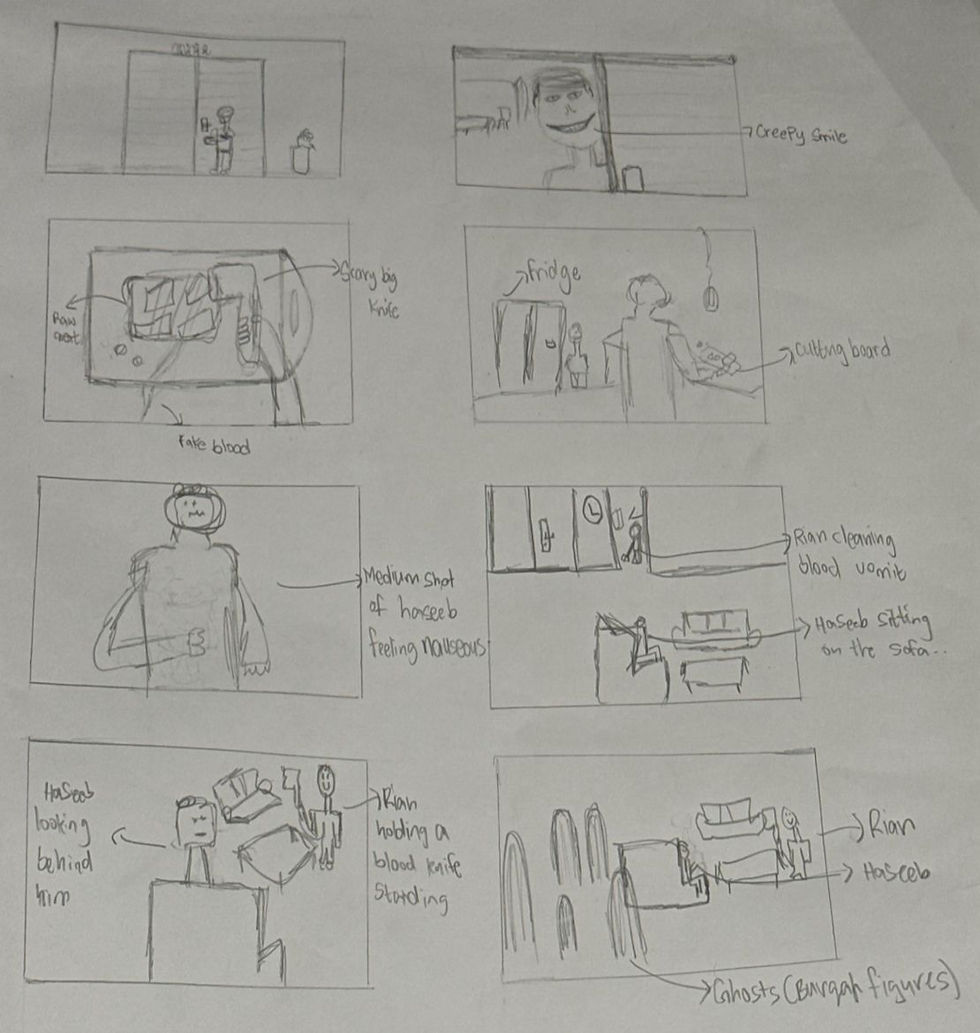Behind the Shadows: Developing the Idea
- Filza Chattha
- May 18, 2025
- 3 min read
Updated: May 20, 2025
Where filming two film openings in 2 weeks got us:
Let’s start by saying: if you ever lock Filza and I in a quiet room for a whole day, just
know we’d come out with enough messy film ideas to start our own Netflix series. In
our heads, we are the undisputed queens of creative brainstorming. No matter how
out of pocket one idea is, the other always says “yes.” “Let’s make the ghost
manipulative” – instantly approved. “What if it’s a funeral but also a flashback?” – sold. But then… came horror.

Coming up with a horror film opening was like baking a cake and burning it every
single time. We were either too dramatic, too vague, or just completely off genre.
Every script we wrote felt like a rough draft we just couldn’t make ourselves love.

First attempt: (name still undecided, because we abandoned it halfway)
Our concept revolved around grief, guilt, and possession. The protagonist, Haseeb, is returning home from his roommate Almeer’s janazah. As he walks home from the masjid, he’s pale and heavy with sorrow but he’s not alone. Subtle sounds, soft footsteps, and an unseen presence begin to follow him. In the film opening, Haseeb locks himself inside his apartment but the feeling of being
followed never leaves. Two shadowy feet appear beneath the door. His breath
trembles.
On Day Two, the haunting escalates. Loud knocking shakes the door as Haseeb desperately packs to leave. His world becomes dizzy and unstable since the
ghost isn’t just outside anymore, it’s starting to take over him. The banging syncs with
the sound of his suitcase zipping shut. Every flickering light and distorted whisper
heightens the horror.
Climax: Haseeb hears his late roommate’s voice — Almeer. sobbing and begging. We
wanted the ghost to represent more than just fear, it symbolises what happens when
you try to run from loss, instead of confronting it. As much as we loved the core concept and the aesthetics, we realized the script lacked consistency, depth, and the gripping hook that a horror opening really needs. We were trying to say too much in too little time, and the pacing just didn’t allow for the buildup we were hoping for. This was our first real attempt after taking on the horror genre and even though we didn’t move forward with it, it helped us realise the importance of structure, simplicity, and a strong visual narrative.
Second attempt: Creating "پڑوسی" took hours of planning, scripting, and physically acting out each scene.
Filza and I have always been obsessed with creating the kind of horror that seeps
under your skin. From the very beginning, we didn’t want loud chaos. We wanted
unease along with silence that stretches. Rian, our central character, always smiling, soft -spoken, and deeply off. The kind of man you’d politely greet on the street but never feel comfortable turning your back to. The opening scene follows Haseeb, a kind but nervous young man who stops by Rian’s house late at night to drop off food. The moment the door opens, the atmosphere shifts. Rian’s smile is too wide. His silence was too heavy. And yet, Haseeb enters.
The camera lingers as Rian violently chops meat in the kitchen, blood pooling down the
counter. The only sounds are the thwack of the knife and Haseeb’s shallow breaths.
When Haseeb abruptly vomits a thick, dark liquid, something in the air changes and not
just for him. The horror escalates not with action, but with dialogue. Simple questions.
Unsettling answers.
Idea development isn’t always about nailing it on the first try. Sometimes, it’s about
the streetlight that inspires a whole script. Filza and I learned that in filmmaking,
your best ideas often come after your worst ones and we’re just getting started.
Credits: Aisha Waheed



Comments